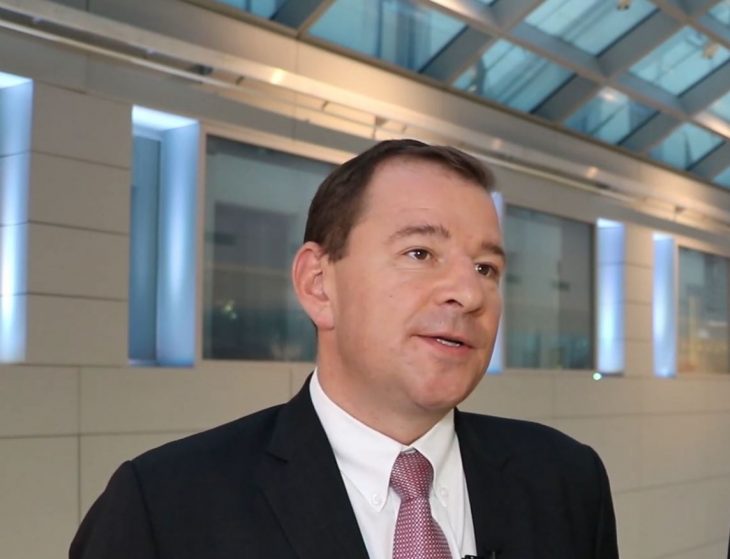
By Ahmad Hathout
The Competition Bureau is broadening the scope of its investigation into Google’s digital advertising dominance by looking into whether the search engine and video giant is leveraging its ad demand to limit the use of competing advertising tech facilitators.
The competition watchdog had already gotten a court order in 2021 for its investigation into Google’s alleged use of its in-video ad space to force advertisers to use its own ad-buying tools – namely, DV360 – over rival alternatives, which the bureau suspects is anticompetitive conduct.
A February filing in the Federal Court, however, revealed that the bureau had agreed with Google in December to set a scope of additional information it requires to expand its investigation into other ad space segments.
The bureau pointed to an antitrust lawsuit filed in January 2023 by the U.S. Department of Justice and several attorneys general south of the border alleging Google has been engaging in a pattern of buying rival technology that publishers use to sell ad space; distorting auctions by limiting real-time ad bidding to its own ad exchange; and forcing publishers to use its own ad tech to access its advertiser demand.
The bureau says Google owns the leading ad technology platforms through the “ad tech stack,” which includes the publisher ad server that buys the ads to place on the space on webpages, the tools advertisers use to buy that space, and the exchange intermediary that matches publishers to advertisers. The purchasing and placing of advertising through this programmatic ad process happens in a fraction of a second.
And now it said it has reason to believe Google is using its market power to further strengthen its monopoly position.
As such, and beyond its original scope, the bureau is investigating allegations that the company is using its market power through the ad tech stack to gain or maintain market power in these markets, including on the publisher and advertiser side of that stack.
It is also exploring whether the search engine giant is using predatory pricing and making false or misleading representations to publisher and advertisers about how the ad tech products and services operate in order to gain or maintain that advantage.
The bureau wants to also know more about the online display advertising markets in which the company operates, whether it is dominant in any of these markets, and whether it is engaging or has engaged in anticompetitive acts.
On those matters, it is seeking information on whether the company is making its own advertiser ad networks exclusive to its own AdX exchange and making real-time bids from that exchange only available to its own publisher ad server DoubleClick for Publishers.
The bureau also wants to know whether DoubleClick gives preferential treatment to AdX to limit the growth of rival exchanges, including by giving itself the opportunity before others to buy ad space, such as through a program called Enhanced Dynamic Allocation.
It also wants to know if it is manipulating bids from its platforms to lower the revenue of rival ad exchanges and thus making it harder for their users to compete for ad space. The bureau pointed to a 2014 program called Project Bell, in which Google told publishers it would be lowering that bid, and a 2017 program called Project Poirot, in which DV360 similarly lowered bids to rival ad exchanges.
Other inquiries include banning the practice of publishers setting different price floors for their ad space on exchanges and limiting rival ad-buying tools from winning auctions.
Google and Facebook own the vast majority of the digital advertising market share, which has led to legislation like the Online News Act, which requires those two tech giants to negotiate with news publishers to host their content.
Screenshot of Competition Commissioner Matthew Boswell.


